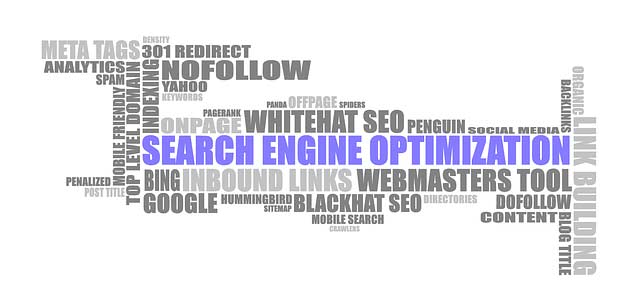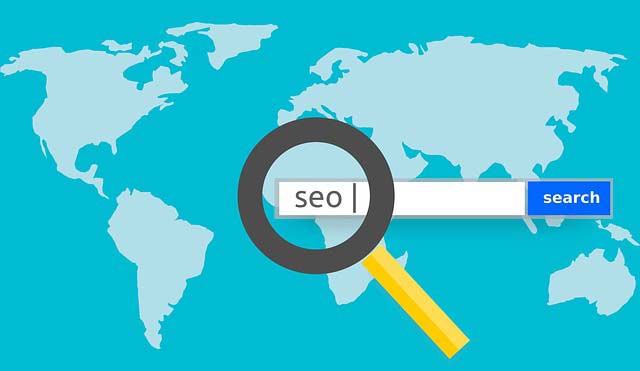
What an Effective SEO Strategy Requires
February 15, 2019
SEO Guide for Small Businesses
March 15, 2019Search engines are constantly innovating to provide the best experience for their users. In this field, one thing that has a huge impact on UX is the quality of the search results. This is why search engines tirelessly update their algorithms, not just to keep up with changing user behaviour, but also to provide more relevant answers to queries. This means showing pages which satisfy the searcher’s question. How does this impact your SEO strategy?
Basically, if you want your page to rank high on organic searches, it should have the best answer to the query the user keyed in. How do you do this? Make searcher intent the cornerstone of your SEO and content strategy.
Many experts in the field believe searcher intent will have a huge impact on SEO this 2019. In fact, the prediction is that pages which are going to dominate organic search results are those which are optimised for intent.
What Is Searcher Intent?
Search intent, sometimes referred to as buyer’s intent, is basically the “why” behind the search query or keywords. It is about knowing what the users want to achieve when they made the query. Are they making a query to look for information or because they want to make a purchase?
There are four types of search intent: informational, navigational, transactional and commercial.
Informational intent is when searchers make queries to learn about something. For this, users want results or pages which can provide them with comprehensive information about the subject. Around 80% of queries fall under this category, making it the most common type of search intent.
Navigational intent involves queries for specific brands. Users make this query mainly because they want to be led to the website of the company they searched for.
Meanwhile, transactional intent are searches made with the intent to purchase. These queries often contain words like buy and price.
Lastly, commercial intent is a cross between informational and transactional queries. For these searches, the user has the intention of making a purchase but is not yet decided on what to buy. Hence, he/she is looking for information that can help him/her reach a decision. Queries under this category are often phrased like this – “best SEO company in Dublin”.
The SEO and Searcher Intent Connection
Understanding the intent behind the queries your users are making can help you create pages that have the content they are looking for. Consequently, since search engines want pages that address searcher intent, your page, if it provides the answers searchers need, has an excellent chance of being on top of the search engine results pages (SERPs).
So, what’s the connection between and SEO and searcher intent? You cannot craft an effective SEO strategy without searcher intent in mind. It is only when you know your audience and understand what they want that you would be able to provide relevant content and dominate SERPs.
How do you incorporate user intent to your SEO strategy? You can start by optimising your keywords for intent. Determine the searcher intent behind your chosen keywords. You can do this by researching – find out what types of pages are currently ranking for a given query. Are they blog posts, product pages or something else? If product pages dominate the SERPs, then you know the query has transactional search intent.
Keep in mind, nowadays, having a page that matches the keyword query of the searcher is no longer enough to rank and get traffic. The content of the page needs to provide the answers or information the searcher is looking for; otherwise, it is no good at all.
Need help designing an SEO strategy with searcher intent in mind? Call us now at 019609023!




